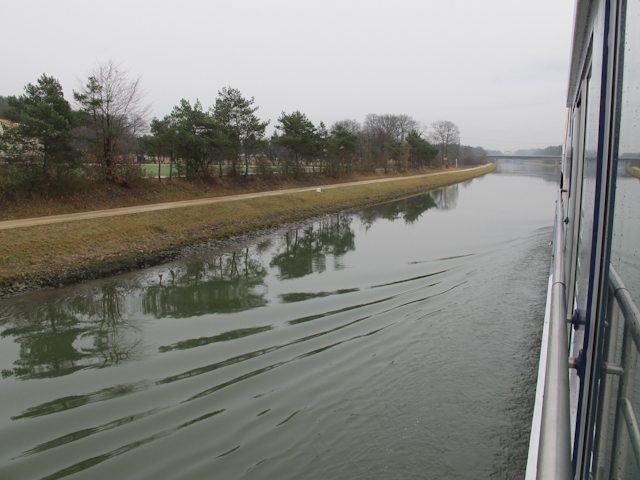Low Rhine water levels affect oil output

Water levels on the Rhine River fell to a record low on Thursday and were forecast to fall even further, hampering oil product barge trading in northwest Europe.
Water levels at the Kaub point of the river fell to 31 cm, according to Refinitiv Eikon data, the lowest level in data available since September 1995.
Shallow water on the Rhine in Germany means freight vessels cannot sail fully loaded.
The river is an important shipping route for commodities including grains, minerals, coal and oil products including heating oil. It connects oil refineries in locations such as Amsterdam, Rotterdam and Antwerp (ARA) and inland markets including Germany and Switzerland. Barge broker Riverlake said that barges are unable to pass the Kaub point in Germany and that water levels are forecast to fall further to 22 cm by Sunday.
German industrial conglomerate Thyssenkrupp has declared force majeure as the Rhine’s extremely low water levels are disrupting the delivery of raw materials to its Duisburg plant.
Chemicals company BASF, whose main plant in Germany is located further up the Rhine river at Ludwigshafen, said its production was also being impacted.
A spokesman for the group said supply issues were affecting the manufacture of four softening agents and three acrylates but said it was too soon to assess the financial impact.
Consumers in Germany who did not replenish their home heating oil stores in recent months could be forced to pay higher costs if the weather turns cold on short notice, according to Jonathan Leitch, research director for refining and oil product markets at Wood Mackenzie in London.
The inventory glut may prompt a rush of deliveries when the water level recovers, according to Wood Mackenzie’s Leitch.
“There is a lot of pent-up demand,” he said. “As soon as water levels recover there will be a sharp bounce-back in inland stockpiles as everyone will be trying to send as much product to Germany as they can.”

